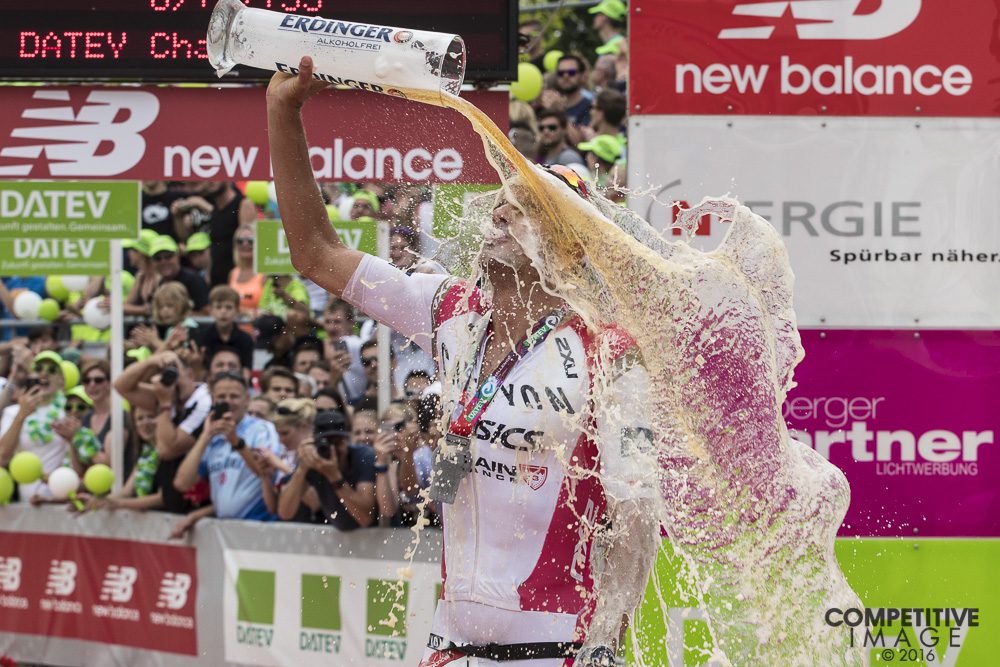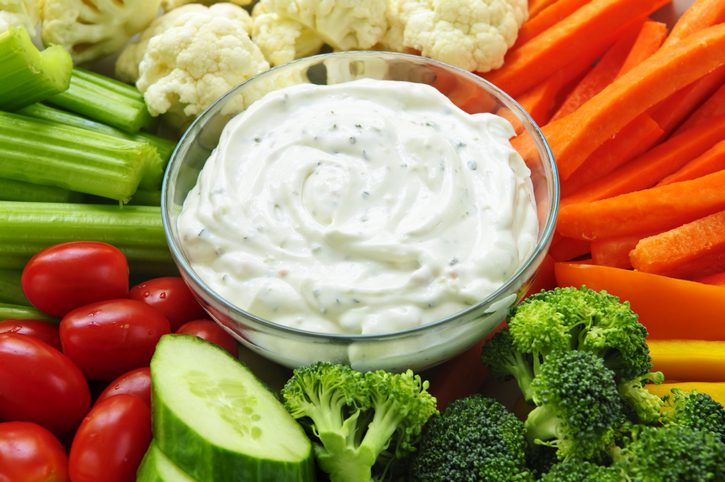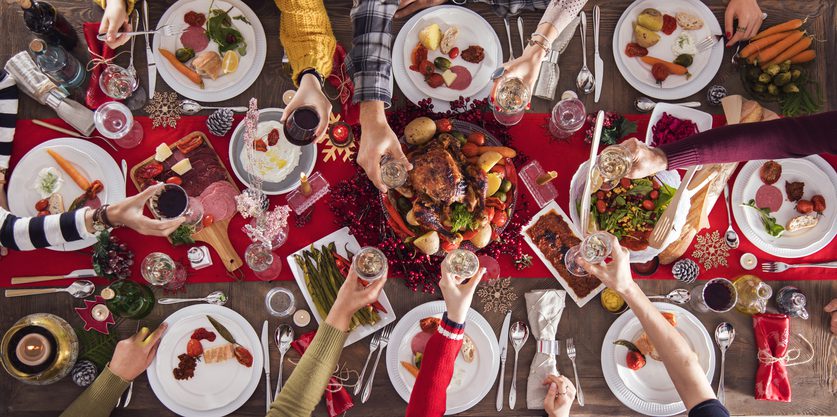Holiday eating guide: Stay on track
The following guidelines can help you make healthy choices and limit temptations not just during the holidays, but also on other special occasions.

— by Rachel Hannah
The holidays are a great time to taper down training and catch up with family and friends. While it’s a good opportunity to rest and recover, extra calories are sure to creep in this time of year thanks to a multitude of social events and higher calorie foods on offer more readily than usual. It’s important to be cognizant of this since a potential increase in appetite, combined with readily available foods (a combination of sugar, fat and salt) could sky-rocket calorie consumption.
So, how do you maintain your healthy eating habits during a family feast or holiday party? The following guidelines can help you make healthy choices and limit temptations not just during the holidays, but also on other special occasions.
PLAN AHEAD
One of the most effective strategies for eating in a way that is consistent with your goals is to plan out your eating in advance of arriving at the event. This way you are making decisions at a time when you are less likely to be influenced by the cues associated with the special event, such as the aroma, setting or people. You become aware of exactly what you need to do to stay on track.
FOOD AND ALCOHOL RULES

When temptation arises, you’ll be armed and ready by setting some food and alcohol rules ahead of time. Some examples include scanning all options before deciding what to eat, avoiding deep-fried foods, sticking to one plate or balancing a high-calorie item (high- fat hors-d’oeuvre) with a low-calorie food (vegetables or fruit). Decide ahead of time how many drinks you want to have. A drink of 5 oz. wine, 12 oz. beer, or 1 1⁄2 oz. hard liquor is between 100 to 150 calories. Be ready to handle social pressures by thinking of some polite ways ahead of time to turn down drinks. Remember that the more you drink, the weaker your resolve to stick to your plan. A good strategy is to delay the first drink, ideally until the meal or shortly after.
DON’T ARRIVE ON AN EMPTY STOMACH
Avoid skipping breakfast or lunch so you can splurge at an event. The danger of eating too little through the day is that you will arrive at the event feeling ravenous. It’s hard to eat slowly and moderately when feeling hungry. Have a protein-rich snack such as a handful of nuts, low-fat cheese, half a protein bar or yogurt and fruit to help manage your hunger an hour or two before the event.
FOOD AND DRINK PUSHERS
Often times in social settings we are confronted with the inevitable food or drink pushers who mean well but are insistent. Come up with short and polite, yet firm responses to use such as “No, thank you. The food I have eaten so far has been delicious but now I’m full.”
OFFER TO BRING A HEALTHY DISH
If you’re meeting with family or friends in a home environment, offer to bring a dish. Your host will greatly appreciate the help and you know you will have a good menu option to choose from. Try a vegetable tray with hummus and a Greek yogurt-based dip. A fresh salad with multiple different vegetables will give you a healthy and colourful option to load your plate with. Consider bringing a fancy fruit tray for dessert with yogurt dip.

EAT SLOWLY
Take time and enjoy the taste of your meal. Pace yourself and try to be the last person to finish the meal. Remember it takes 20 minutes for your brain to recognize that you are satisfied. Engaging in conversation with friends and relatives will also help you slow down.
KEEP A FOOD JOURNAL
Tracking your food intake will help you stay accountable and prevent mindless eating. It is a great planning tool that will allow you to forecast the day and figure out a way to make the extra calories fit.
FOCUS ON THE EVENT AND PEOPLE
While holiday celebrations are centred around traditional food and drinks, think about what you are celebrating. Concentrate on socializing, making new acquaintances and having fun. One or two days of indulgence aren’t catastrophic, but the important part is getting right back on track the following day.
Rachel Hannah is a registered dietician at the Medcan Clinic in Toronto and one of Canada’s top distance runners. She finished fourth at the 2015 Pan Am marathon.

